
Mnuchin’s Misplaced $100 Million
Trump’s pick for treasury secretary isn’t the only one rich enough to lose track of millions. There’s an enormous disparity in corporate pay and some states are ready to take action.

Trump’s pick for treasury secretary isn’t the only one rich enough to lose track of millions. There’s an enormous disparity in corporate pay and some states are ready to take action.
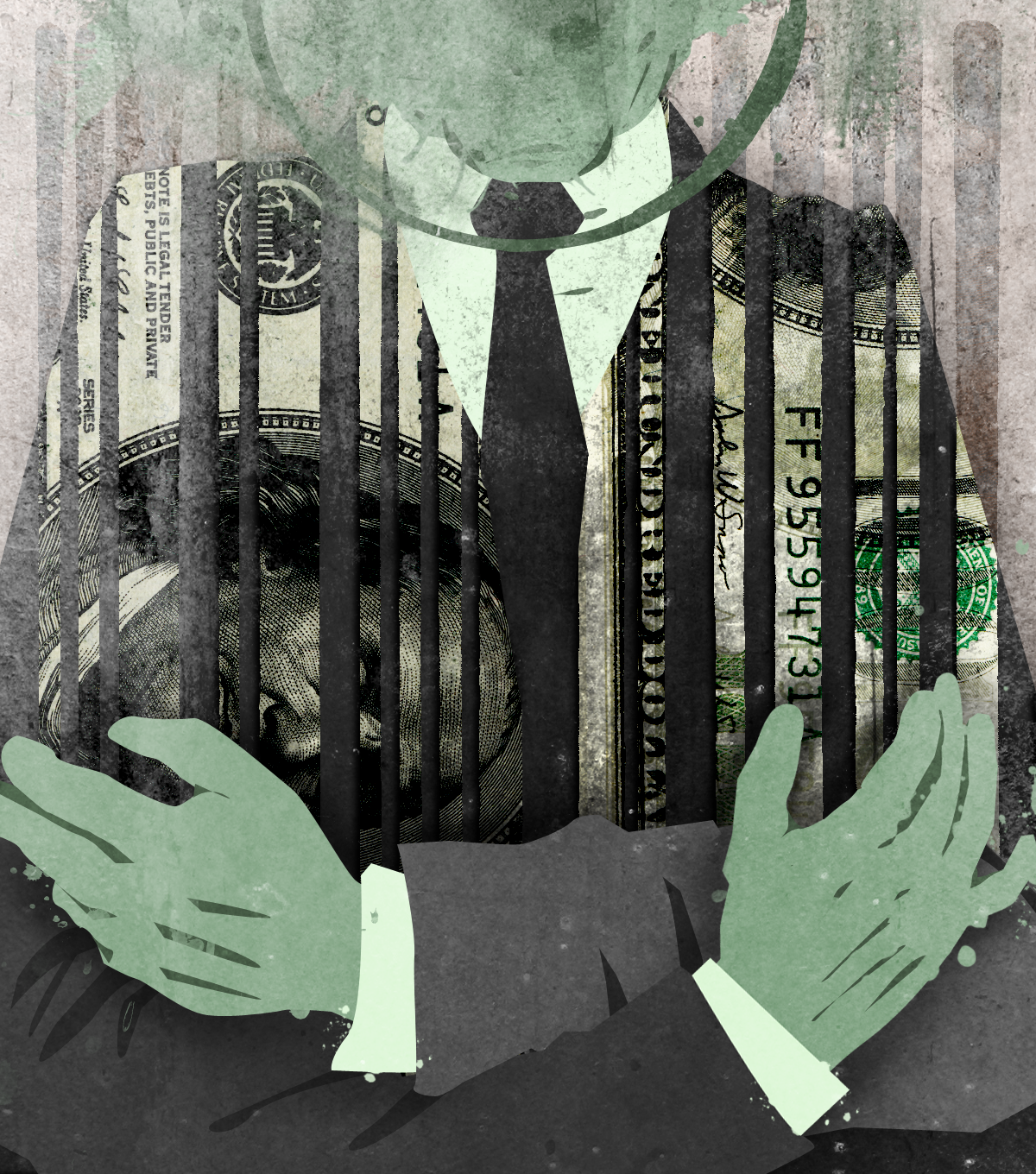
Overpaid CEOs make everybody’s blood boil. But the minute you suggest there might be a responsible role for policymakers in addressing the problem, watch out.
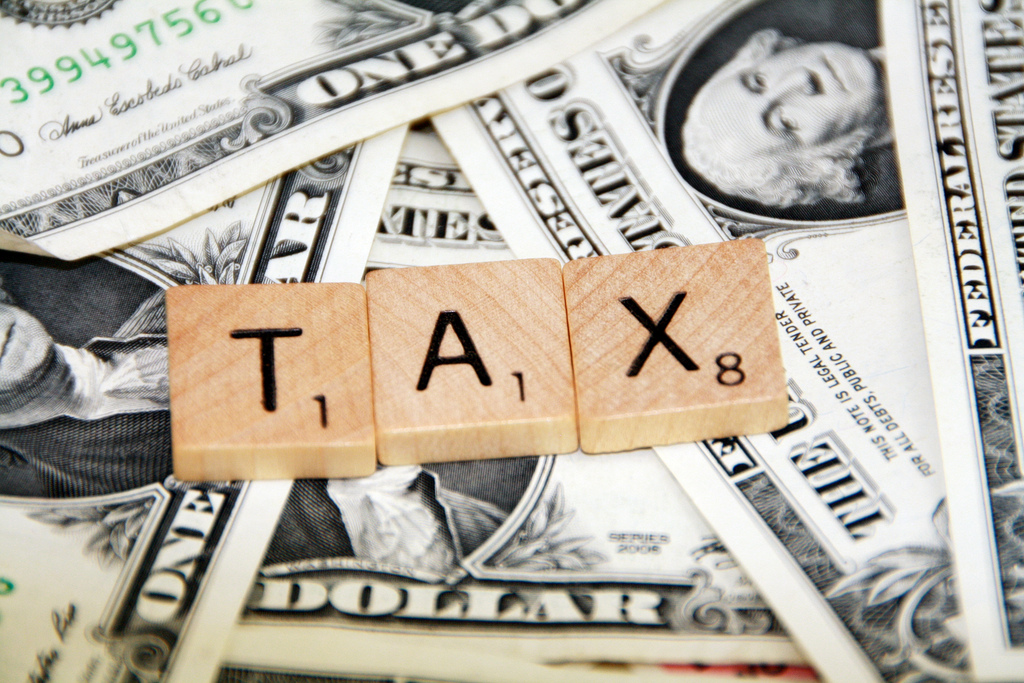
New paper makes the case that a global tax on concentrated wealth is ethical, politically viable, good for growth, and could solve a lot of the world’s problems.
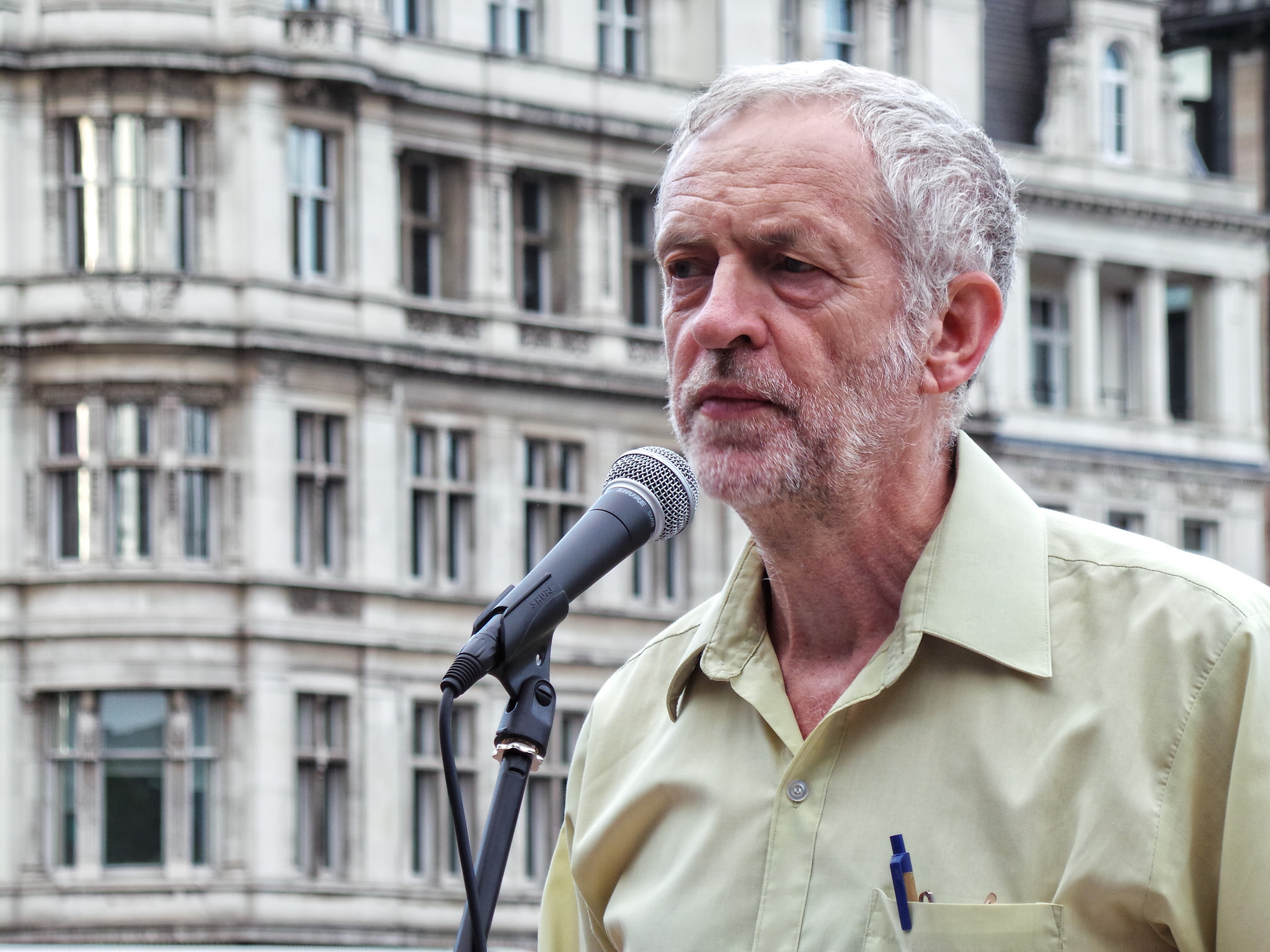
The UK Labor Party has revived an FDR-era aspiration of imposing a maximum wage on the highest earners, among other radical proposals to stem inequality.

As the Office of Government Ethics looks into Andrew Puzder, they’ll find he’s fought against basic worker productions while enjoying special CEO rewards at CKE.

Through our weekly feature on Inequality.org, we’ve highlighted inspirational leaders fighting inequality throughout the country.
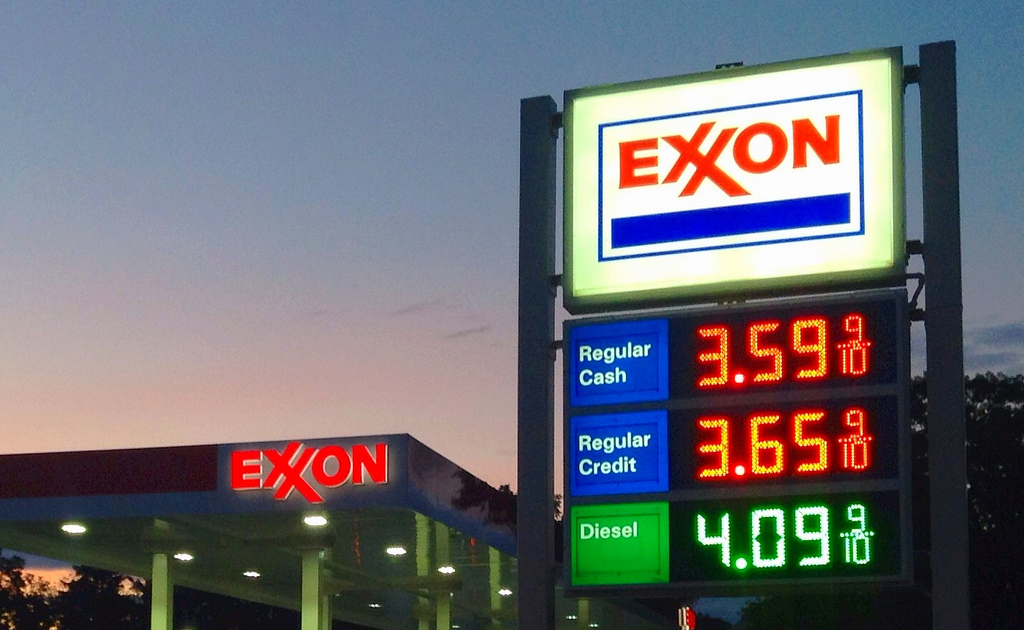
As someone who’s been analyzing excessive CEO pay for more than 20 years, I feel like I know these guys.
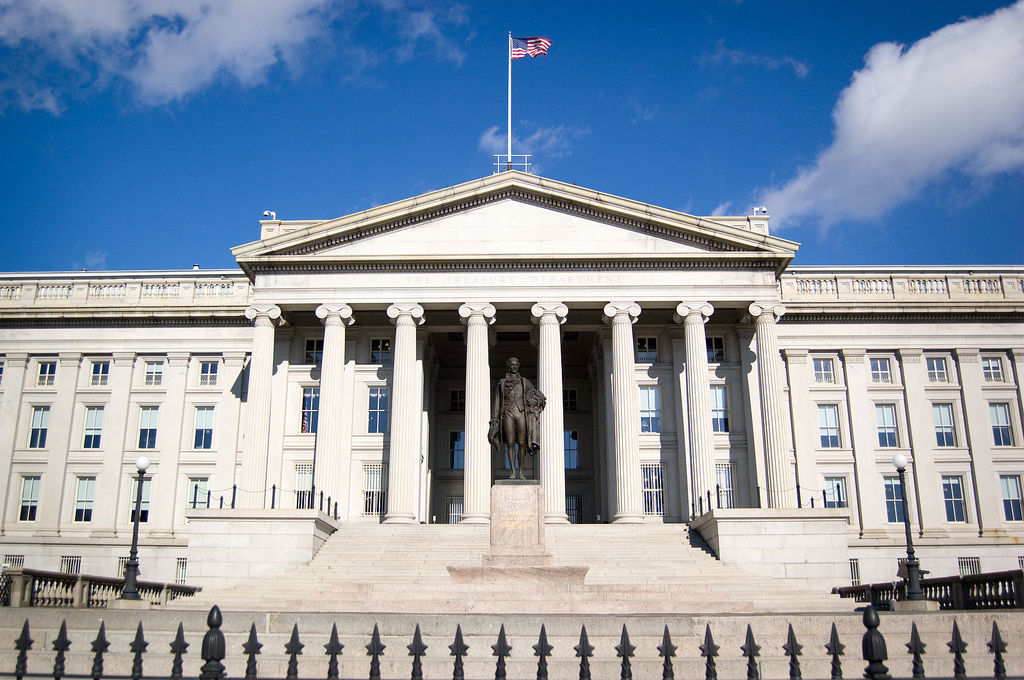
We can say goodbye to the candidate who promised to fix a rigged economic system.
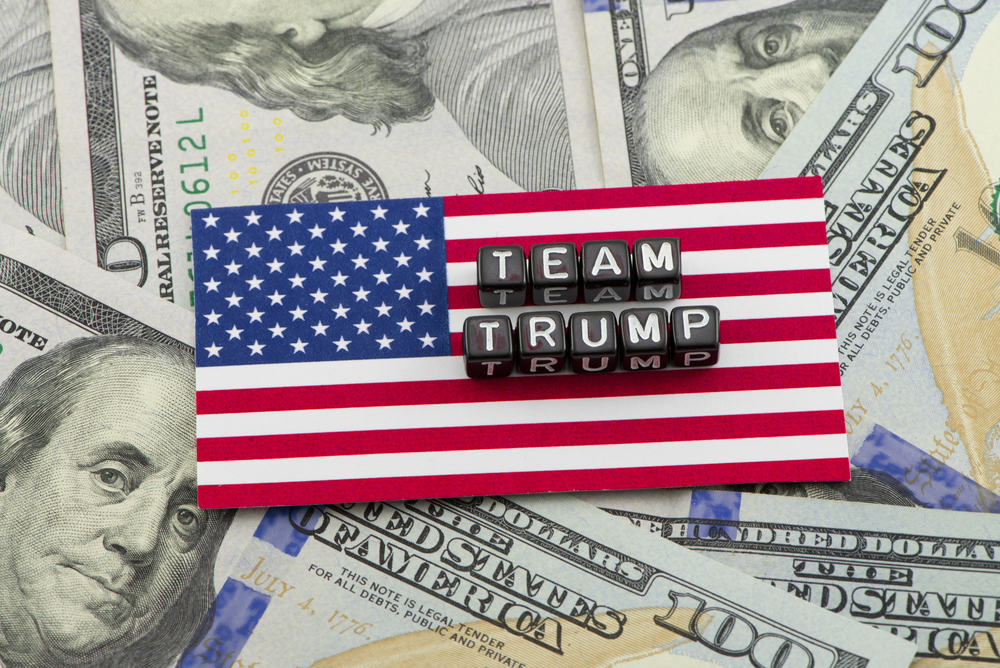
These deep pocket picks reflect the harsh reality of America’s unequal distribution of wealth.
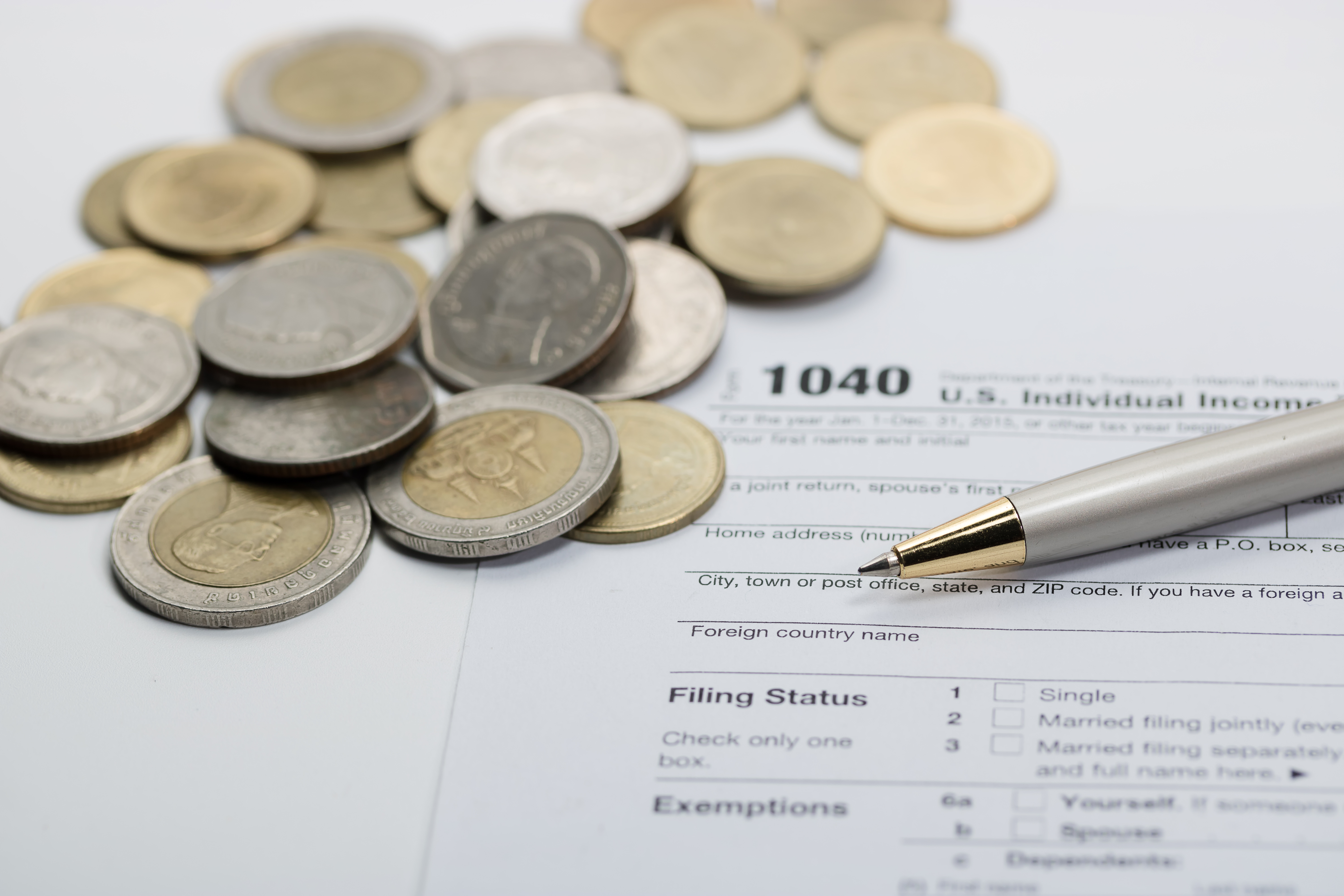
America could learn a lot from Britain’s handling of high-end taxpayers.
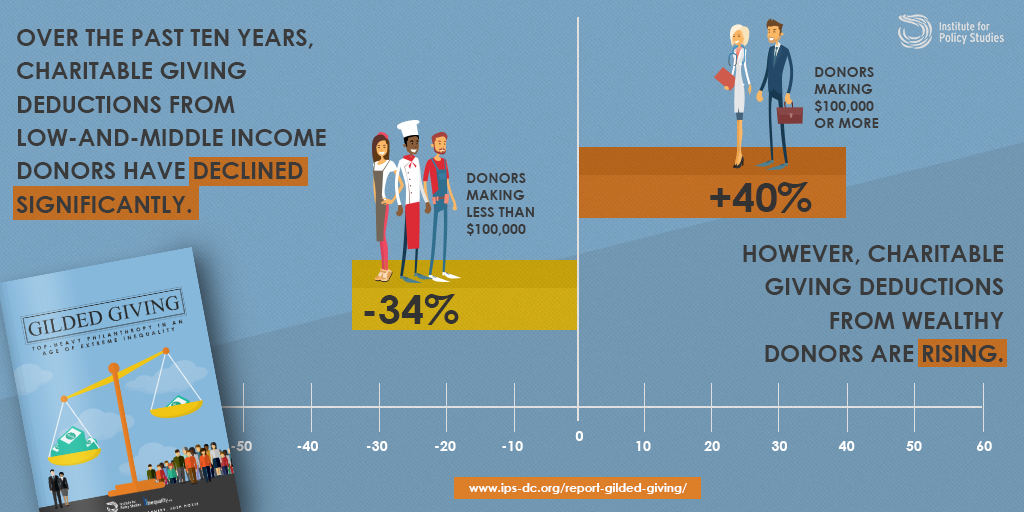
Charities are increasingly reliant on larger donations from a smaller number of high net-worth donors.

America’s next secretary of commerce may be a private equity kingpin who owes his fortune to a career of manipulating American workers.
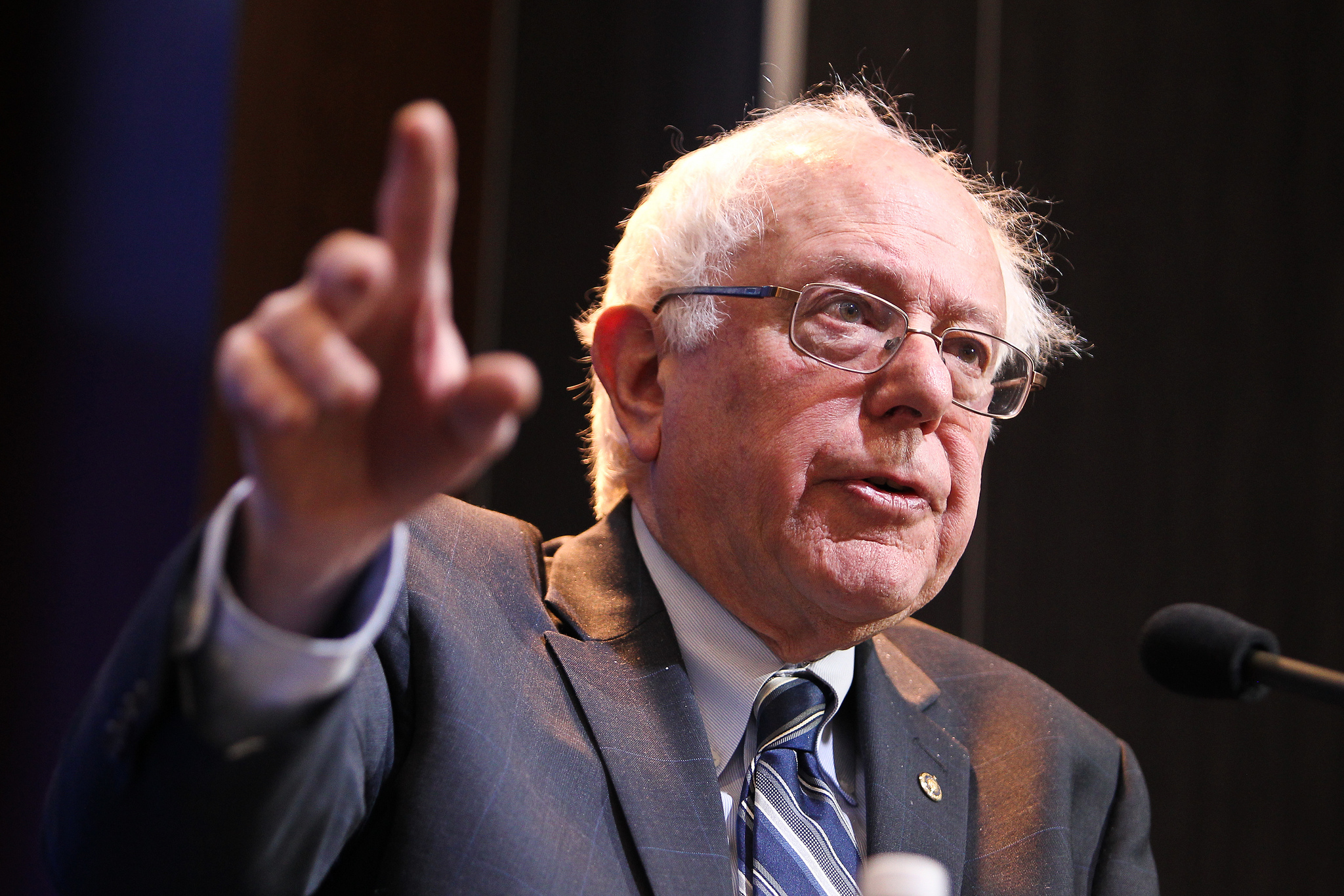
Growing inequality helps explain the rise of both Sanders and Trump. Understanding these dynamics can create the potential for serious radical change.

Tiny house advocates say they’re reducing their ecological footprints, but the extremely rich beneficiaries of this concentration pose a greater threat to our environment.

At a city council hearing, economic justice advocates helped build momentum behind CEO pay reform.